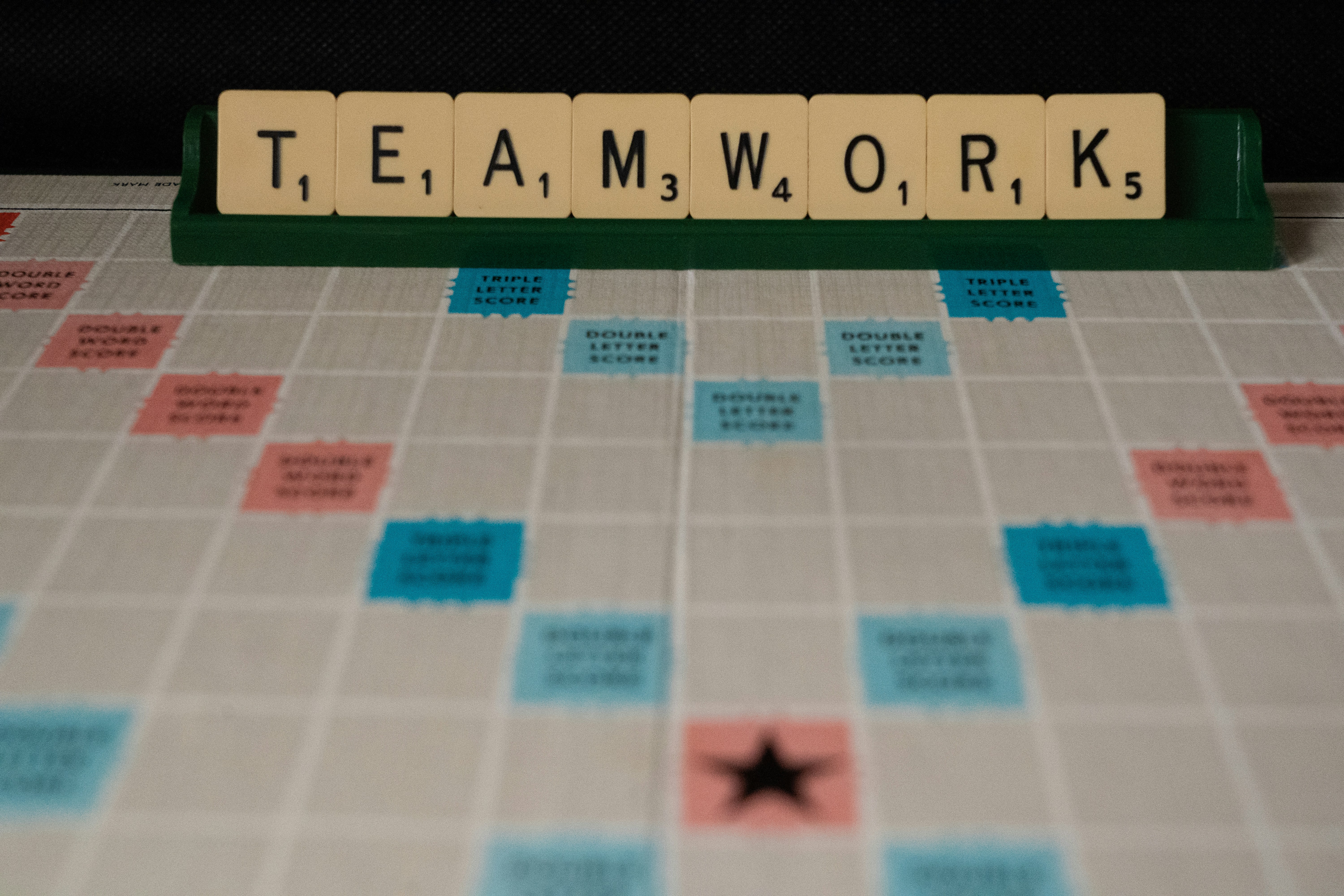Families are groups, systemic units that work together. Otherwise put, when one person in a family is hurting, everyone is impacted. Whether it’s parents struggling with their marriage or a child being bullied at school, more and more families are coming to see the benefit to group family therapy when someone is in trouble. Whether just for a tune up or to work through a life stage like a child striving for more independence than makes the parents comfortable, there are ways to prepare your family for therapy. Whether seeking individual therapy for one person or as a group, here are some things you should know to prepare your loved ones to meet with the professionals.
You are not alone.

All families struggle. No matter how happy a family may be, the fact is that all families face challenges and struggles along the way. While getting your family on board with the idea of therapy, make it clear that seeking help doesn’t indicate something is broken. Instead, seeking therapy only means you hope to make things better.
Family therapists are seeing a massive increase in clients after the pandemic forced families to live in closer quarters, generations to merge into multi-generational living situations, and more. With families trying desperately to stay connected over the holidays in spite of shutdowns, there is no better time than to work on the relationships that matter to you most.
Help is available.

There is help out there for families of every size and shape. Whether a couple in crisis and looking to figure out how to survive a midlife crisis or children struggling with isolation, trained and licensed professionals can lend a hand. For some, they think it’s not a good time to call because of state laws about shutdowns. This is not true. Just like the family Zoom meeting you had over Thanksgiving or in place of this year’s summer barbecue, therapists are now working in similar ways. They can see you remotely in groups or as individuals, too. When planning therapy for your family, reassure everyone that while the logistics might be a little different, well-trained therapists can still work with you safely during the pandemic.
There’s nothing to fear.

Some people worry about family therapy in that they think a therapist might take one person’s side over the other. They are hesitant about sharing their emotions in such a vulnerable way in front of other family members and worry about therapeutic alignments. Rest assured, this simply isn’t true. Make sure your family understands that licensed Marriage and Family Therapists are trained to give everyone equal time. If a parent is complaining about how much their daughter spends on womens dresses, there will be plenty of time for that daughter to share her side of the story, too.
Therapy can be used as a tune-up.

Not every family seeks help for something serious like childhood emotional disorders, divorce disputes, custody arguments or substance abuse. But it’s important for your family to be prepared for those topics as well. What might start as a tune-up could lead to something bigger and more important than who is doing the chores.
Families, even the best of them, often have secrets. Family members should plan to come to therapy with an open mind and leave resentments, anger, and judgement at the door. If this is difficult for you, the therapist will help, but it’s important to say it out loud. It’s okay to be sad, mad, or hurt. And the faster you are able to express those emotions, the faster the family therapist will be able to help you.
In the end, the best thing you can do to help your family plan for their first visit is to do what they can to leave fears and preconceptions at the door. If they can manage that, the rewarding work of helping the entire system can get started faster and leave every member of your special unit happier.



